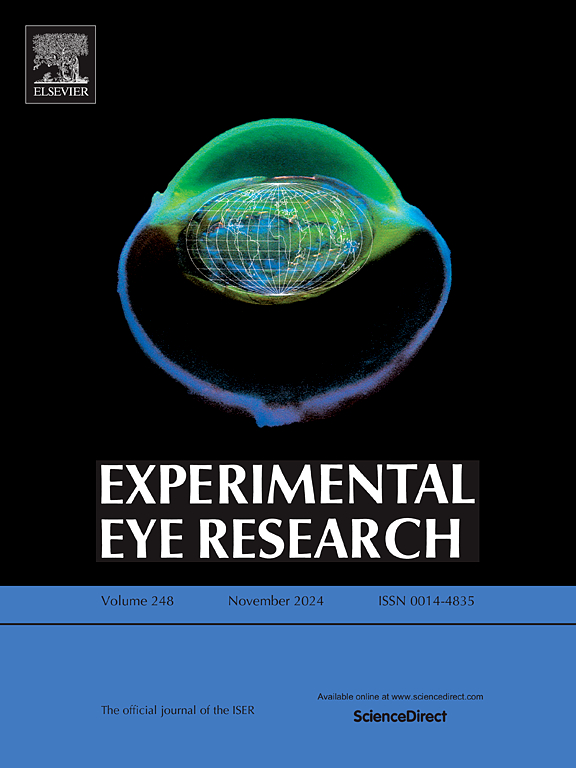A novel compound heterozygous variant of MYO7A in Usher syndrome type 1
Abstract
Usher syndrome (USH) is a recessive genetic disorder manifested by congenital sensorineural hearing loss and progressive retinitis pigmentosa, which leads to audiovisual impairment. We report a patient with Usher syndrome type 1 with new compound heterozygous MYO7A variants. A total of four members from the USH family were included. Medical history and retinal examinations were taken and genomic DNA from peripheral blood was extracted in the proband and other members. 381 retinal disease-associated genes were screened using targeted sequence capture array technology and Sanger sequencing was used to confirm the screening results. Scanning laser ophthalmoscope showed bone spicule pigmentary deposits in the mid-peripheral retina and whitish and thin retinal blood vessels especially in the arterioles. Optical coherence tomography showed that the centrality of the macular ellipsoid band disappeared in both eyes, and only remained near the fovea. Visual field examination showed a progressive loss of the visual field in a concentric pattern in both eyes. The electroretinography showed a significant decrease in the amplitudes of a- and b-waves in the scotopic and photopic condition. DNA sequencing identified the compound heterozygous variants including c.1003+1G > A: p. (?) and c.5957_5958del: p.G1987Lfs*50 of MYO7A, with the latter being novel. In this study, we found a novel compound heterozygous variant in MYO7A, which enriched the mutation spectrum and expanded our understanding of the heterogeneity of phenotype and genotype of Usher syndrome type 1.

 求助内容:
求助内容: 应助结果提醒方式:
应助结果提醒方式:


